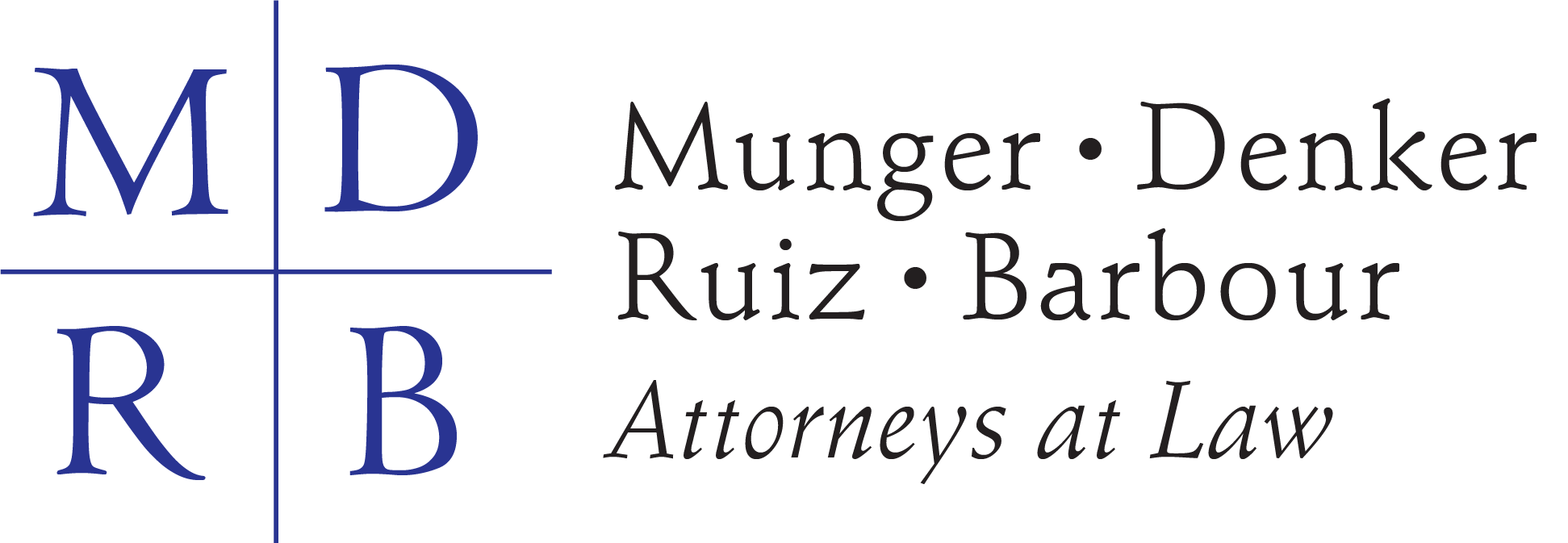
Quiet Title
Normally, it is simple to determine who is the lawful owner of real property: Whoever is listed on the last deed recorded with the county recorder’s office is presumed to be the legal title holder for the property, and has the rights to use the property or to decide who else can or cannot use the property. In some cases, however, disputes can arise over who truly owns a parcel of real...May 8, 20240 comments

Safeguarding Your Interests in Arizona Probate Court
What Is Probate Court? A probate court is one that has authority or jurisdiction over all cases involving wills, trusts, estates, and guardianships. When a person dies, his assets may pass automatically through the use of a trust, beneficiary designation, or other non-probate transfer. Other assets, however, do not transfer automatically and remain titled in the name of the person...
Understanding UCC Article 2
In the realm of commercial transactions, Uniform Commercial Code (UCC) Article 2 plays a crucial role in governing the sale of goods. It establishes a standardized set of rules and guidelines, ensuring fairness and clarity in sales contracts. By understanding UCC Article 2, businesses and consumers can navigate sales contracts confidently and protect their rights and interests. At Munger •...
Ninth Circuit Revives Facebook Shareholders’ Data-Privacy Fraud Claims
In a recent decision sure to produce ripple effects in many legal cases involving commercial litigation and data privacy, the Ninth Circuit Court of Appeals breathed new life into a class-action lawsuit against Facebook by shareholders alleging securities fraud. The case, Amalgamated Bank v. Facebook, Inc., centers around Facebook’s handling of user data, particularly the infamous...
The Art of Contract Drafting: Ensuring Clarity, Protection, and Peace of Mind
Contracts are the foundation of legal agreements, governing relationships and transactions in various aspects of life. Whether it’s a business partnership, an employment agreement, or a purchase agreement, the way that a contract is drafted has a significant impact on the rights, obligations, and protections of the parties involved. Contract Drafting Clear Communication and...
Piercing the Corporate Veil in Arizona: Understanding the Legal Doctrine
Under American law, corporations and limited liability companies serve as distinct legal entities, separate from their shareholders or members. This separation, which protects the company’s owners from liability for the business’s debts actions, often is referred to as the “corporate veil.” In certain circumstances, however, courts may allow the corporate veil to be “pierced,” making the...
Law in the Digital Age: The Power of Metadata
In the intricate world of law, where every detail can make or break a case, the significance of “metadata” cannot be overstated. Metadata, essentially data about other data stored in computer files, serves as a pivotal tool in the legal arena, offering the potential to validate claims, identify witnesses, and establish a chronological sequence of events. The Legal Landscape of...
Managing Partner Thomas A. Denker
Meet Thomas A. Denker the managing partner at Munger • Denker • Ruiz • Barbour. Mr. Denker was born in Tucson, Arizona, in 1968. After high school, Mr. Denker studied abroad in Istanbul, Turkey. After returning to the United States, he graduated from the College of William and Mary in Virginia with degrees in both History and Soviet Studies. Mr. Denker then returned to...
Law 101: Understanding Personal Jurisdiction
In the intricate world of civil litigation, personal jurisdiction is a critical foundation upon which legal disputes are built and resolved. Personal jurisdiction determines whether a court has the authority to exercise power over a particular person and adjudicate a case involving that person. Defining Personal Jurisdiction Personal jurisdiction refers to a court’s authority to...



